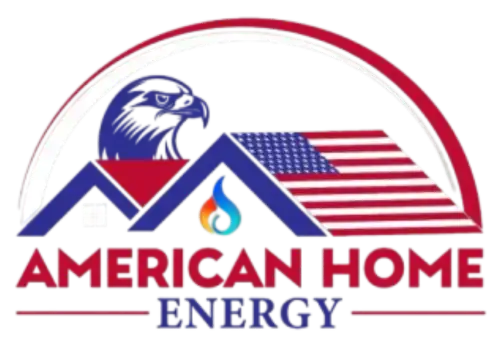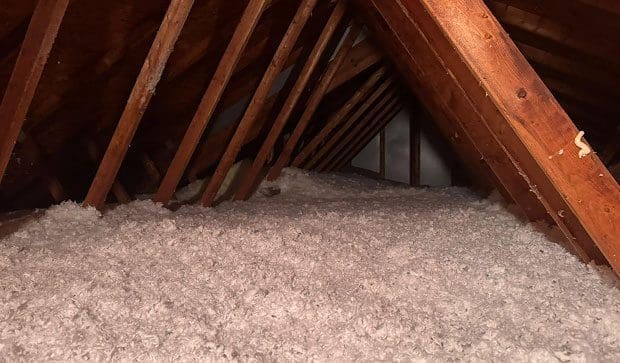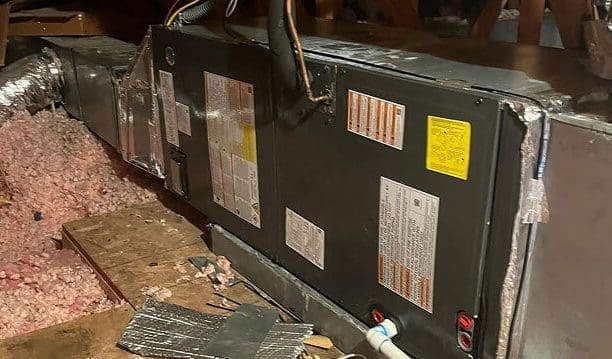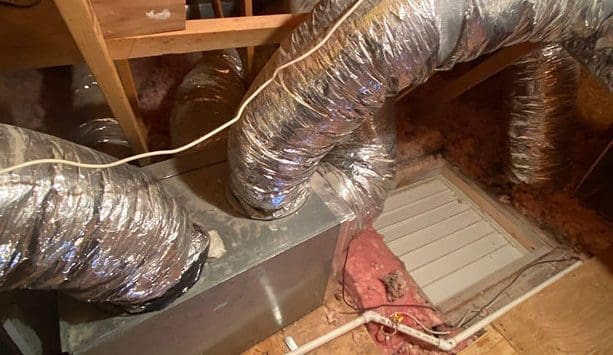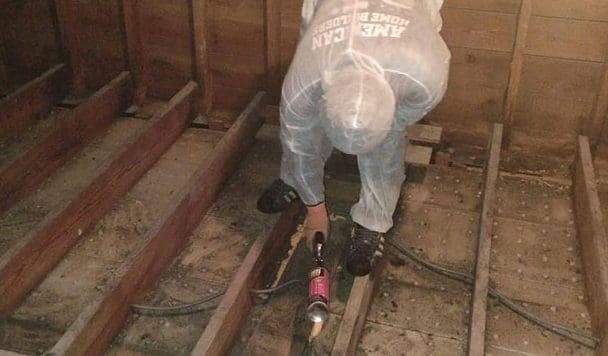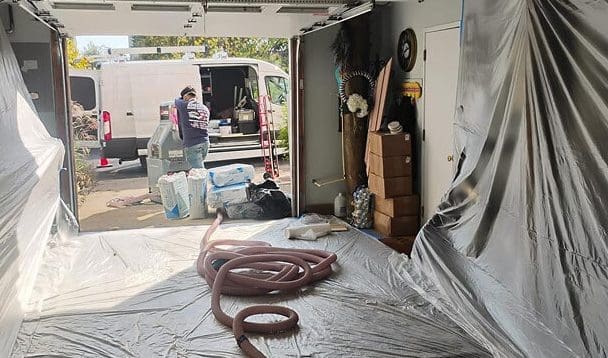
Summer in Baltimore, Maryland, means high humidity and rising temperatures—making your HVAC system essential to home comfort. June is the ideal month to schedule maintenance before the real heat sets in. A proactive tune-up can extend the life of your system, lower energy bills, and help you avoid unexpected breakdowns. American Home Energy, proudly serving Baltimore homeowners, recommends summer HVAC preparation to keep your system performing efficiently when you need it most.
Get your HOME EVALUATION
Enter your information below

Understanding HVAC Maintenance
What Is HVAC Maintenance?
Why Maintenance Matters
Ongoing HVAC care has measurable benefits. It improves energy efficiency, enhances indoor air quality, and extends the life of your equipment. Without regular maintenance, issues like clogged filters and worn-out parts can lead to poor performance or system failure. Baltimore homeowners can rely on American Home Energy for scheduled upkeep that keeps systems running at peak condition year-round.
Why June Is Ideal for HVAC Maintenance
Stay Ahead of Summer Heat
Boost Energy Efficiency
Prevent Expensive Repairs

HVAC Maintenance Tips for June
Change or Clean the Air Filter
Clear Debris Around the Outdoor Unit
Leaves, twigs, and grass clippings can block airflow and cause overheating. Maintain at least two feet of clear space around your outdoor condenser unit. This helps your system breathe and operate more efficiently in Baltimore’s humid climate.
Check Thermostat Accuracy
Clean the Condenser Coils
Inspect Ductwork for Leaks
When to Call a Professional
The Benefits of Professional Service
DIY maintenance helps, but only a certified technician can conduct a full system evaluation. Professionals test system pressures, assess safety components, and diagnose hidden issues. American Home Energy’s expert technicians offer comprehensive HVAC maintenance services tailored to Baltimore’s unique summer demands.
How Often to Schedule Maintenance
What to Expect During a Visit
A professional service includes inspecting refrigerant levels, testing electrical components, cleaning the condenser and evaporator coils, tightening connections, and checking airflow. You’ll also receive expert tips to improve your system’s performance and energy savings.

